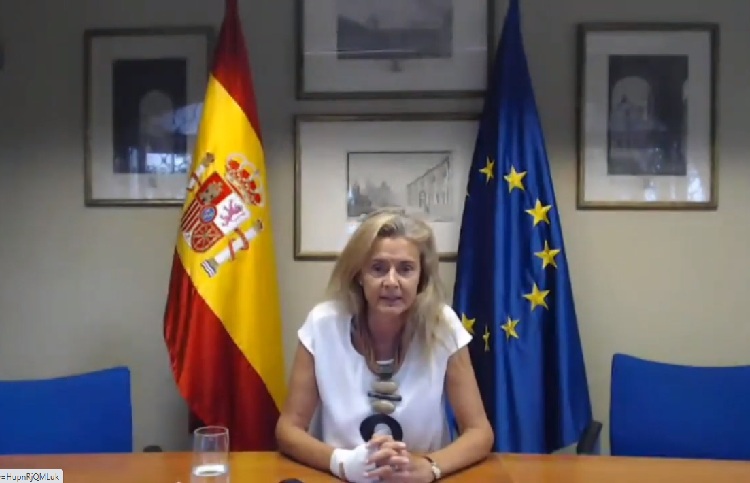The Diplomat
The Embassy of Spain in Costa Rica, the Spanish Agency for International Development Cooperation (AECID) and the Costa Rican Government inaugurated this week the IV Phase of the Triangular Cooperation Program Costa Rica-Spain, in which six countries of the region participate.
Triangular cooperation is a modality that involves three actors: a country or international organization that provides financial resources, another country that provides technical and human resources (the so-called “pivot country”) and a third beneficiary country that may also contribute its own resources. This is a mixed scheme whereby a developed country (from the “North”) provides support to a developing country (from the “South”) so that the latter, in turn, can provide technical assistance to a third country in the South.
According to AECID, triangular cooperation is an appropriate modality for Spain’s relationship with its 26 middle-income partner countries, especially in Latin America, the so-called “dual countries”, because in some cases they go from being recipients of Official Development Assistance (ODA) to partners, or combine both characteristics.
Spanish Cooperation began working with triangular schemes in 2005, and is currently one of the leading “traditional donors” in triangular cooperation in Latin America. Since 2010, Spain has been strengthening Costa Rica in its role as a recipient and provider of technical cooperation (“pivot country”). Until 2018, three phases of the Costa Rica-Spain Triangular Cooperation Program were developed, in which 42 projects were executed with two countries in the Latin America and Caribbean region, with a total investment of 540,000 euros.
In December 2019, the IV Phase of the Program was approved, which has an amount of 300,000 euros for the period 2020-2022 and for which seven actions have been selected with six countries (Argentina, Colombia, Cuba, Ecuador, Paraguay and Dominican Republic). The seven projects respond to the Sustainable Development Goals (SDGs) of the United Nations Program and have as final beneficiaries the countries where the initiatives are carried out. The six beneficiary countries will receive advice, exchange and transfer of knowledge and skills in areas as diverse as gender equality, human rights, risk management, citizen participation, health and accountability.
Phase IV was inaugurated last Tuesday, via videoconference, by the Spanish Ambassador in San José, Cristina Pérez Gutiérrez, and representatives of AECID’s Technical Cooperation Office, the Ministry of Foreign Affairs and Worship and the Ministry of Planning and Economic Policy of Costa Rica. During her speech, the Spanish Ambassador highlighted the importance of attracting other actors for this type of initiative, such as the Ibero-American General Secretariat (SEGIB), which “has been chosen as one of the most important actors worldwide in terms of sharing good practices and lessons learned from triangular cooperation”, or other partners of Spanish Cooperation, such as the European Union and the Organization of American States (OAS).





